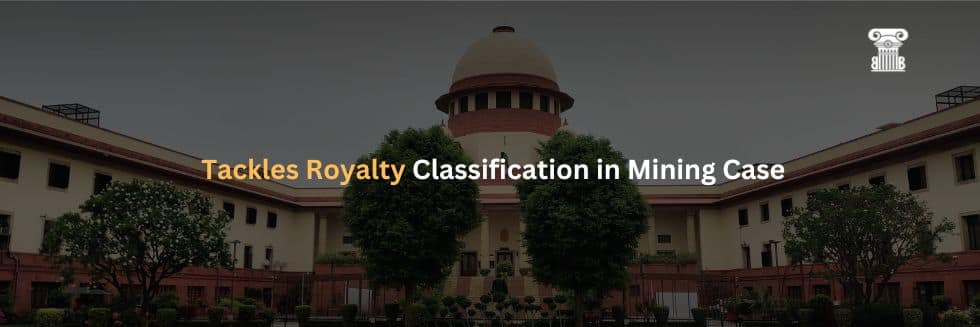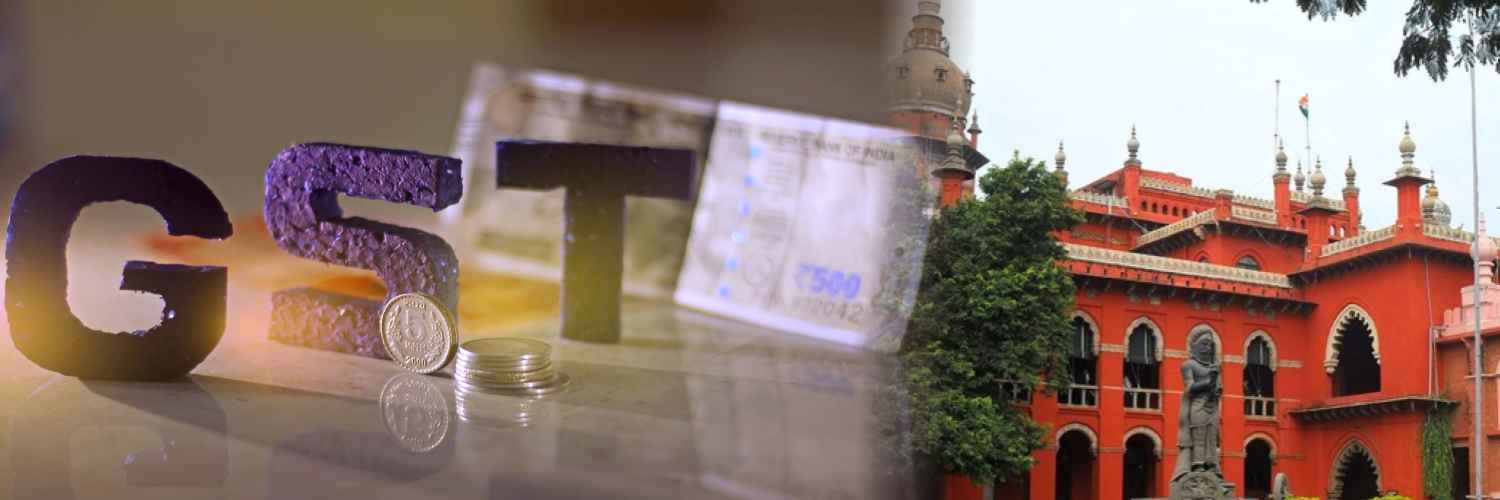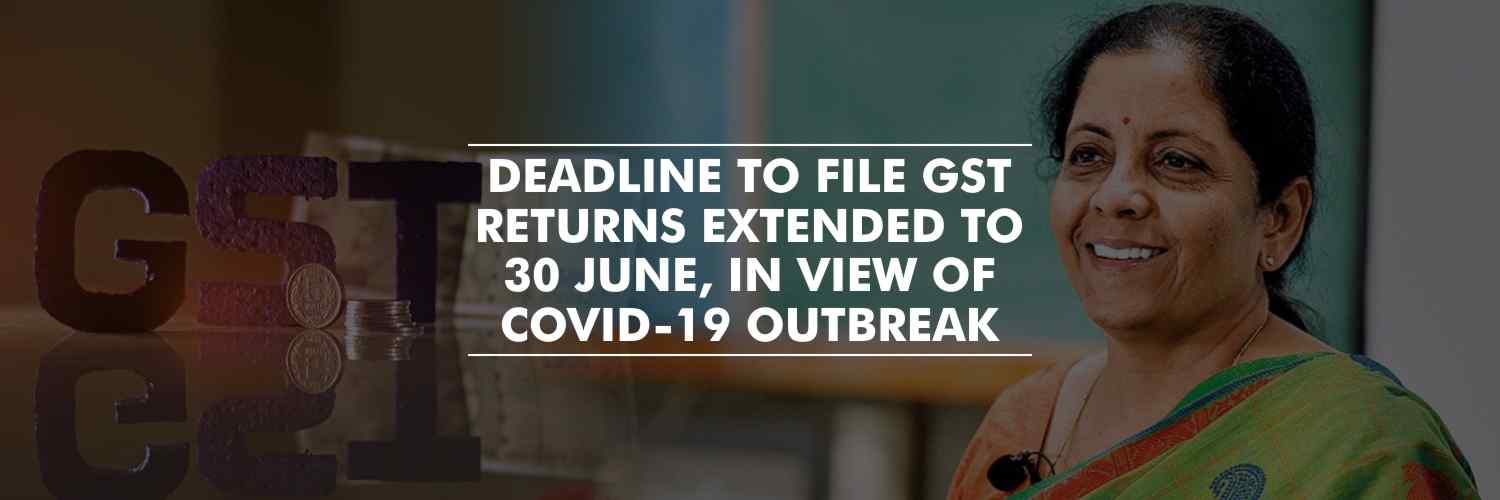Dismissing the appeal filed by Revenue, Supreme Court upheld the judgment of Delhi High Court which read down the third proviso of Section 254(2A) of the Income Tax Act, 1961.
The matter was heard by a three-judge bench including Justice RF Nariman, Justice BR Gavai, and Justice Hrishikesh Roy.
“The third proviso to Section 254(2A) of the Income Tax Act will now be read without the word “even” and the words “is not” after the words “delay in disposing of the appeal”. Any order of stay shall stand vacated after the expiry of the period or periods mentioned in the Section only if the delay in disposing of the appeal is attributable to the assessee”, said the top court bench headed by Justice RF Nariman.
Delhi High Court had struck down proviso which didn’t permit the extension of a stay order beyond 365 days even when the assessee was not responsible for delay in hearing the appeal and Section 254(2A) read, “(2A) In every appeal, the Appellate Tribunal, where it is possible, may hear and decide such appeal within a period of four years from the end of of the financial year in which such appeal is filed under sub-section (1) or sub-section (2) of section 253:… Provided also that if such appeal is not so disposed of within the period allowed under the first proviso or the period or periods extended or allowed under the second proviso, which shall not, in any case, exceed three hundred and sixty-five days, the order of stay shall stand vacated after the expiry of such period or periods, even if the delay in disposing of the appeal is not attributable to the assessee.”
The three-judge bench noted that the proviso treats unequals equally where no differentiation is made between the assessee who are responsible for the delay and the ones who are not responsible for the delay.
“This is a little peculiar in that the legislature itself has made the aforesaid differentiation in the second proviso to Section 254(2A) of the Income Tax Act, making it clear that a stay order may be extended upto a period of 365 days upon satisfaction that the delay in disposing of the appeal is not attributable to the assessee,” the top court observed.
The apex court stated that the objective of the third proviso to Section 254 (2A) sought to be achieved which aims at speedy disposal of appeals before the Appellate Tribunal in cases where a stay has been granted in favour of the assessee.
The apex court observed
Since the object of the third proviso to Section 254(2A) of the Income Tax Act is the automatic vacation of a stay that has been granted on the completion of 365 days, whether or not the assessee is responsible for the delay caused in hearing the appeal, such object being itself discriminatory, in the sense pointed out above, is liable to be struck down as violating Article 14 of the Constitution of India. Also, the said proviso would result in the automatic vacation of a stay upon the expiry of 365 days even if the Appellate Tribunal could not take up the appeal in time for no fault of the assessee.
Further, vacation of stay in favour of the revenue would ensue even if the revenue is itself responsible for the delay in hearing the appeal. In this sense, the said 25 proviso is also manifestly arbitrary being a provision which is capricious, irrational and disproportionate so far as the assessee is concerned.
We have already seen how unequals have been treated equally so far as assessees who are responsible for delaying appellate proceedings and those who are not so responsible, resulting in a violation of Article 14 of the Constitution of India. Also, the expression “permissible” policy of taxation would refer to a policy that is constitutionally permissible. If the policy is itself arbitrary and discriminatory, such policy will have to be struck down.






